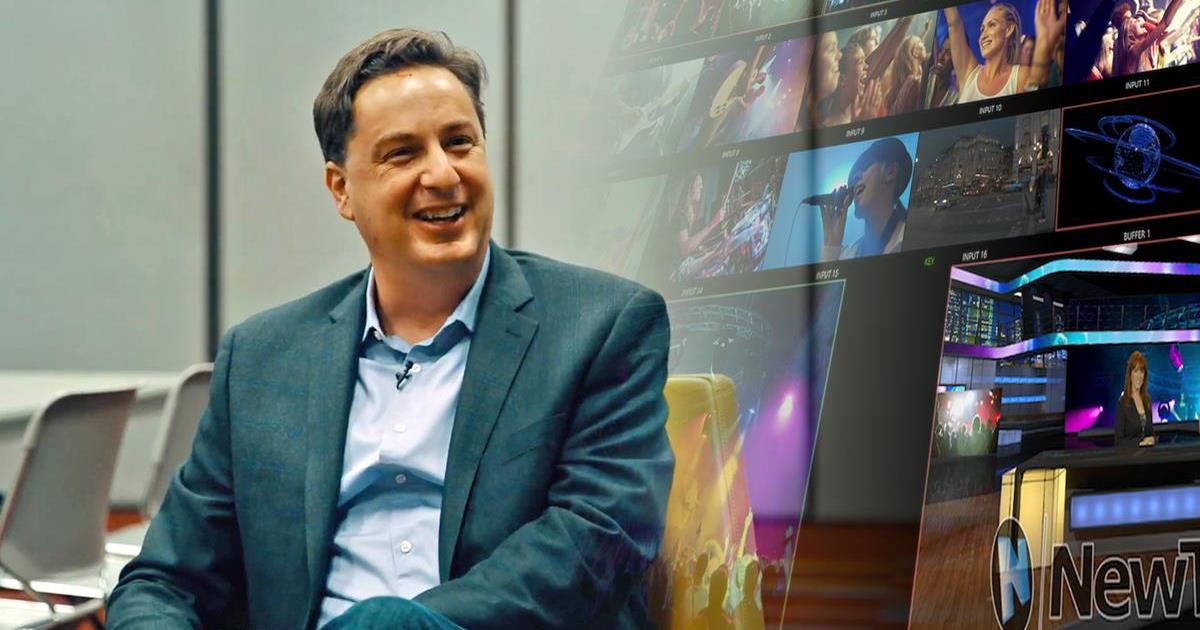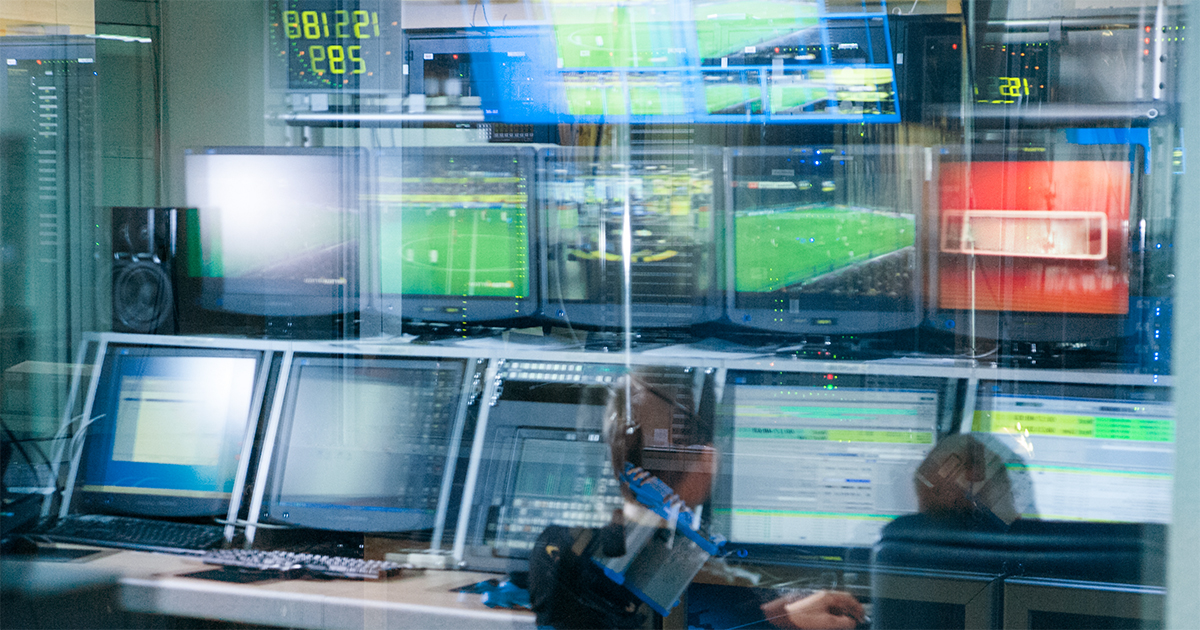
Whether broadcasters wanted it to or not, 2020 turned into a real-world test of cloud production. From it, new workflows and technology are emerging to allow for better creation and distribution of content.
In an episode of the Broadcast Exchange from NewscastStudio, Dr. Andrew Cross, Global President of Research & Development at Vizrt, discussed how the pandemic has shaped broadcast storytelling and what changes in workflows and toolsets might remain as more organizations look to the cloud.
Plus, with host Dak Dillon he discussed the democratization of broadcasting and how the changing toolsets are allowing new creators to become broadcasters.
Andrew Cross has led the development of some of the Vizrt products shaping production, including NewTek’s TriCaster and the NDI software standard. Cross was NewTek CEO when the company was acquired in April 2019 and assumed his present role at that time.
“For us, I think there’s probably never been a more exciting time. We’ve seen… people always say things like this, but in the last year we’ve seen five years worth of progress and that’s an exciting thing to be part of. So it’s a good time for software and video I think, in general.

“We’ve learned so many different lessons, all of which I think are truly important for our industry. And I think most importantly, I think it is actually of huge benefit to us that we’ve been forced to make this change.
“Because when we look at other industries like ours, such as the newspaper industry, it is really hard to think within the equilibrium of a market without something like the pandemic hitting us, how we wouldn’t have had all the same problems that the newspaper industry had.
“All of this is driven by economics — in which the creation of content, whether that’s written content or video content, the cost of doing it becomes lower — so it becomes more accessible to more people. You have the distribution means via the internet, which makes for disruptive change to these markets.
“We’ve seen that this been very negative for the newspaper industry. And there’s no fundamental reason why that exact same thing shouldn’t happen to broadcast,” said Cross.
“Now interestingly for us, COVID happened, and so whereas the industry on its own would have taken 10 years to adapt to these changes, we got forced to take one year to adapt. And as a result I think it has forced us to take a look at how we produce shows in all sorts of ways. It’s very beneficial for us and ultimately is going to be good for the industry as a whole.
“Obviously we have all learned that decentralized production has been absolutely crucial. The fact that you can now run a great-looking TV show with half of your panelists being remote is incredible. And the fact that we accept that, and can still make an engaging show and put it to air: it’s been an incredibly important learning lesson for us.
“We’ve been forced to think about not having all of the crew within a control room anymore; we’ve got them in different locations. That people are just putting up a green screen in their bedroom and making a new show where you couldn’t tell the difference: it’s amazing,” said Cross.




